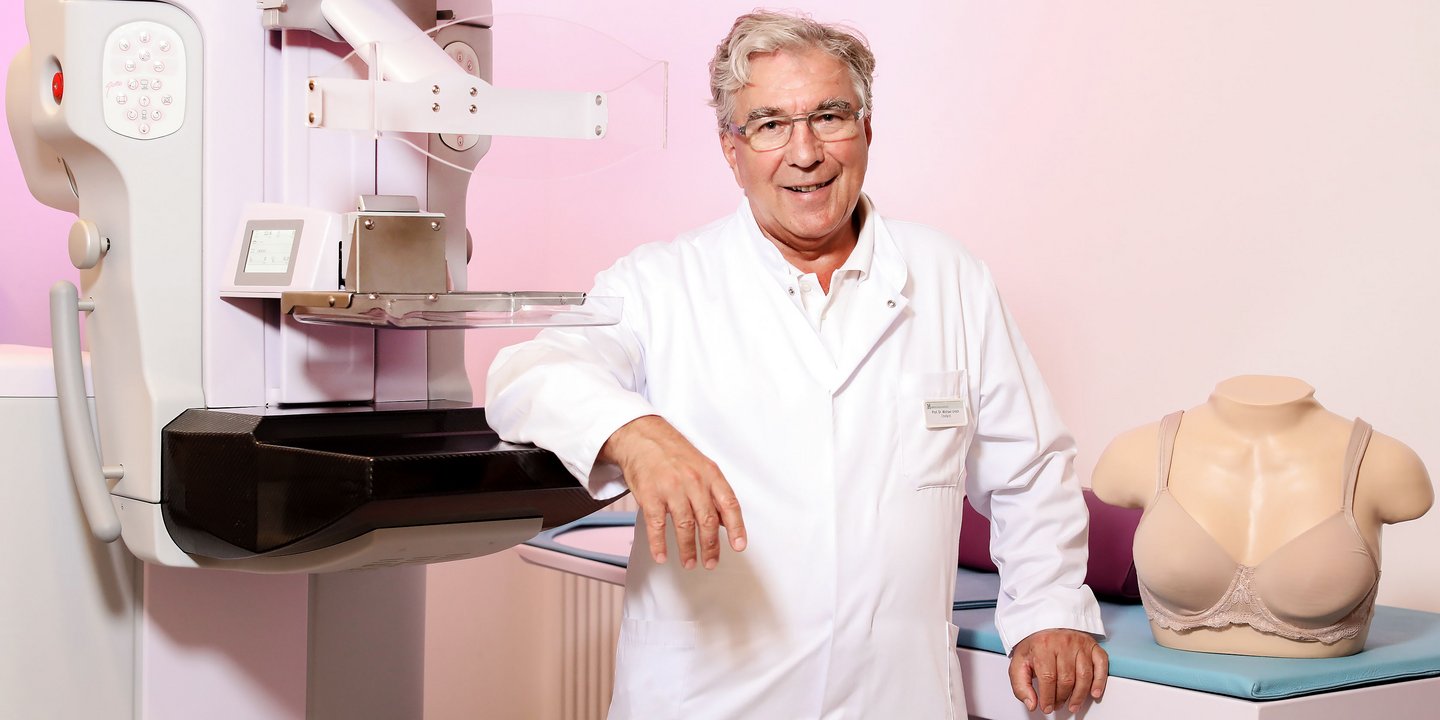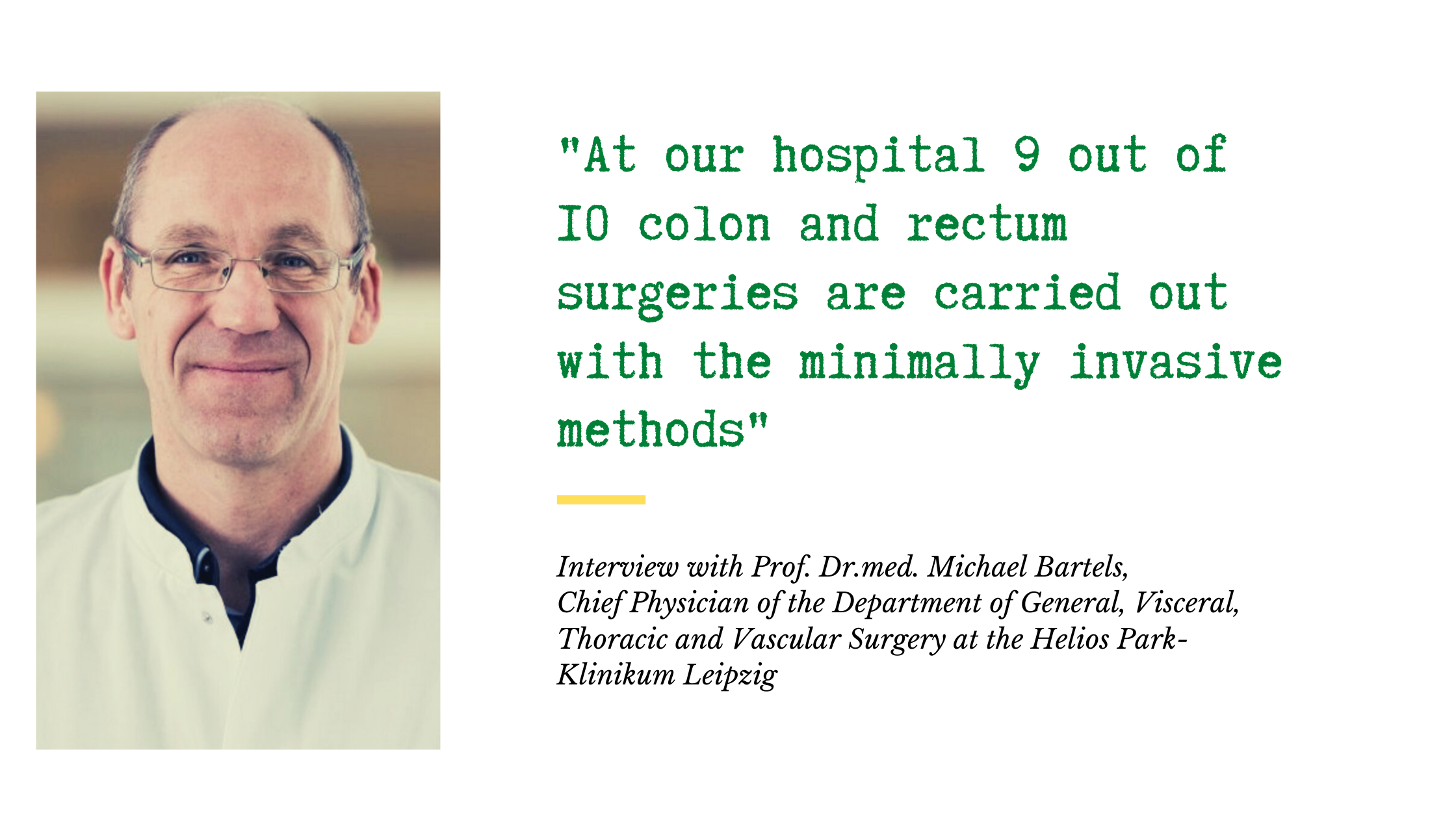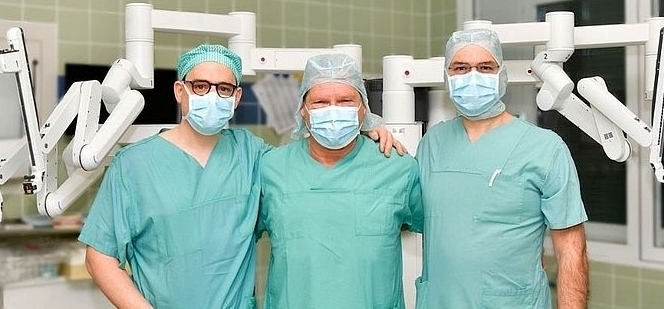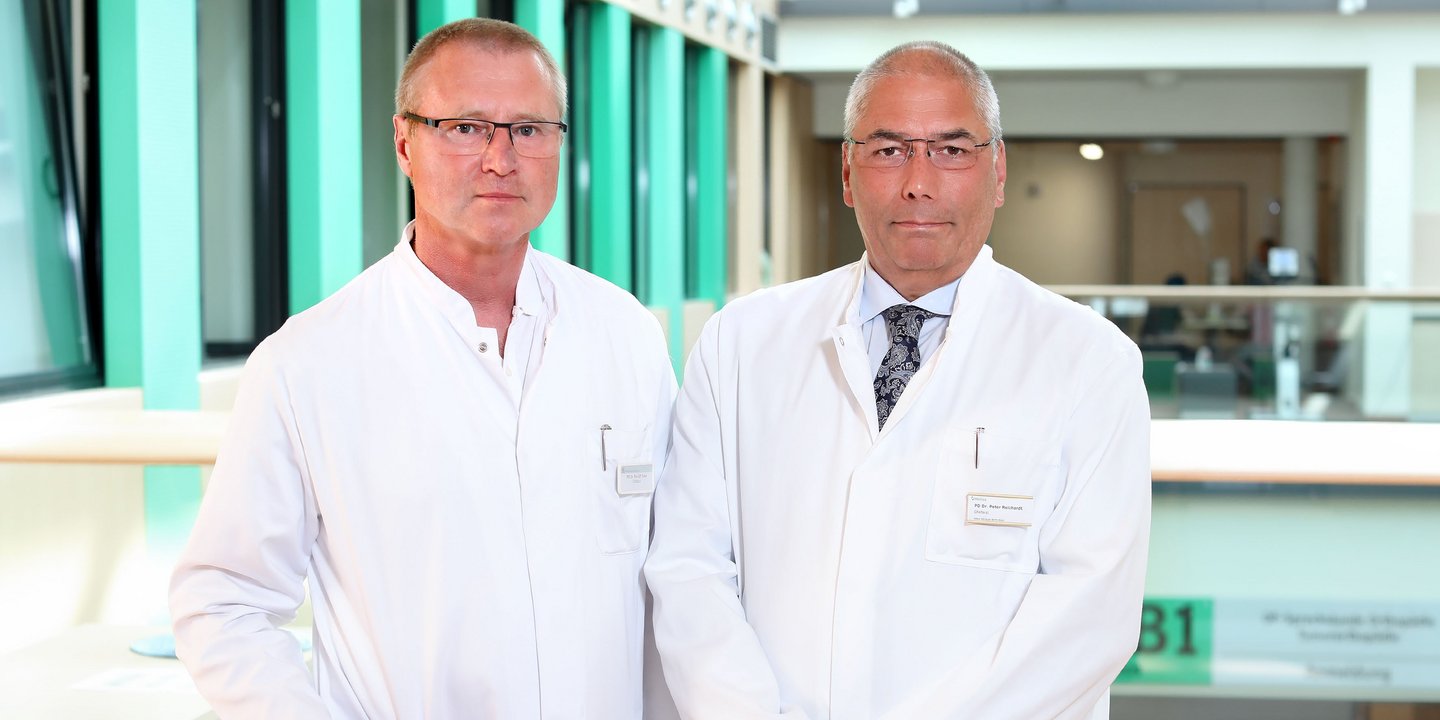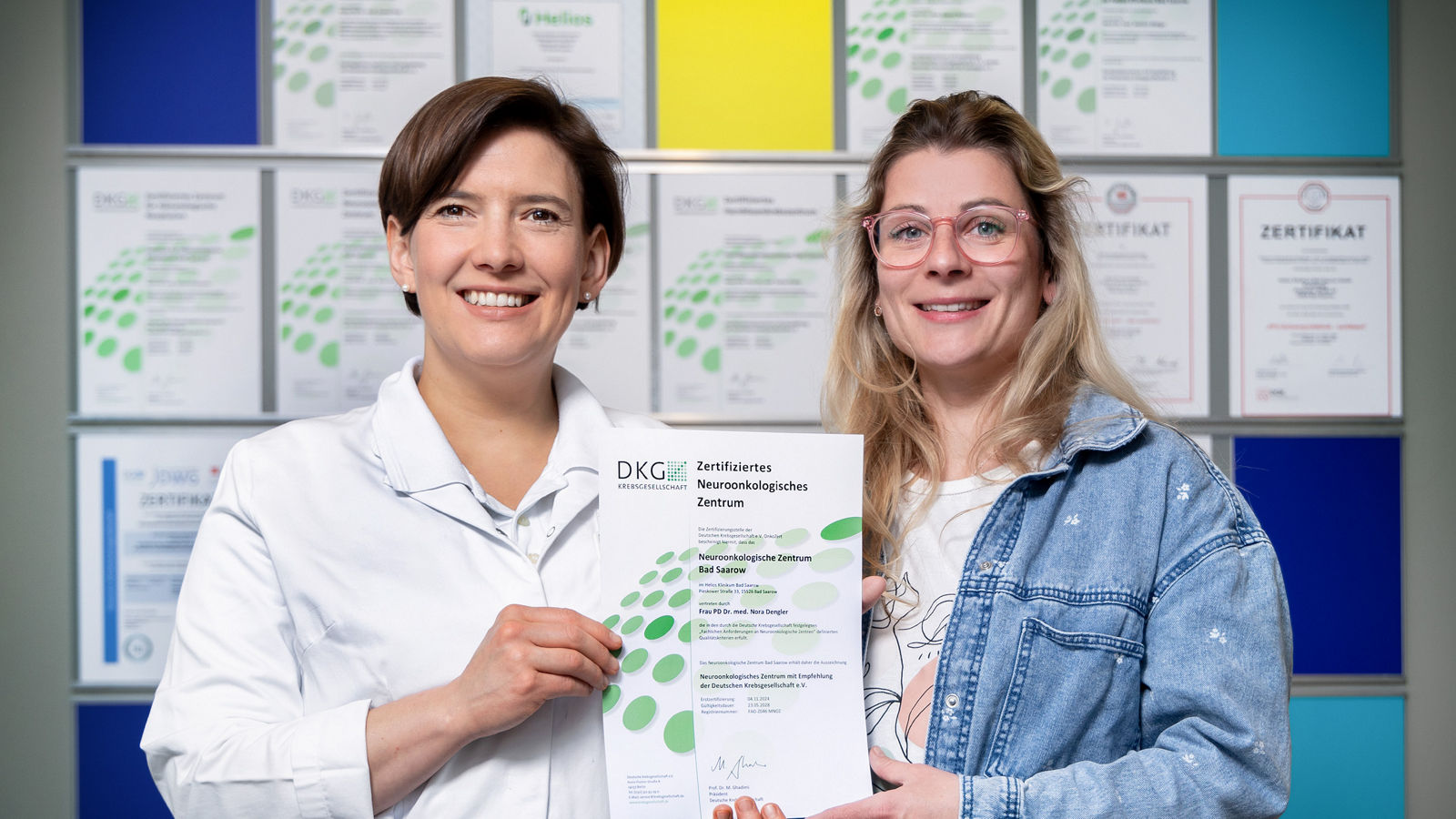
Berlin-Buch: New advances in breast cancer therapy
The Katherine Study: New Developments in Breast Cancer Therapy
Once the diagnosis of breast cancer is made, it’s necessary to find out what type of disease doctors are dealing with this time. If a HER2- positive status is confirmed, patients can count on a new treatment method. A breakthrough in the treatment of aggressive tumors was achieved by scientists in the Katherine study. Prof. Unch was directly involved in the planning and implementation of this study. "We randomly divided women who still had malignant cells in their mammary glands or lymph nodes, despite their chemotherapy and antibody therapy, into two groups. Half of the participants were treated according to the traditional scheme with Trastuzumab, and the other half were treated with the new drug T-DM1", says the professor.
The study took two years. About 1500 patients from around the world took participation in the study within the time period of 2016 and 2017. Among the participants 20 % were under the age of 40, 70 % were between 40 and 75 years old, and 10 % were over 75. The result was unambiguous. "In late 2018, we received our first data analysis," says Professor Unch. “In patients who were taking the new drug, the frequency of metastasis was decreased by 50 %.” On the contrary, the control group that was receiving the traditional drug had twice as many relapses and metastases.
The increased activity of HER2-receptor is diagnosed annually in about 20% of new cancer patients.
Michael Unch notes:
"If we observe the disease dynamics for 4 years, we can see that the survival rate is between 95 and 97%. The results are stunning, and so is the research that was developed in Germany".
Prospects of the T-DM1 drug
The new drug T-DM1, which patients receive during treatment, is a conjugate "antibody - drug", in other words, it connects a certain antibody to a very toxic antitumor substance. "The new drug acts as a Trojan horse. The poison is 'smuggled' into the cells of the tumor and destroys them in a special way without causing side effects," explains Professor Unch. The drug is already officially approved.
New treatment method: therapy and side effects
According to the results of the Katherine study, the procedure for conducting therapy has also changed. According to the new treatment principles, the patient first receives an IV drip every three weeks. Then, the surgery is performed, and much less traumatic than usual, because the tumor has already atrophied under the influence of drugs, which means that doctors will have to remove much less tissue and lymph nodes. "In this method, it would be wrong to send the patient to surgery first, - says Michael Unch. - Nevertheless, the surgery is always necessary. Histopathologists need to examine the tumor bed and several lymph nodes to make sure that there are no cancerous cells left in the tissues". Among other things, patients can tolerate injected antibodies of the conjugate well. Still, some side effects have been detected. In a small number of patients a drop of platelets was recorded. "Liver samples may also slightly increase. Compared to the side effects of other antibodies, in this case slightly more fatigue, nausea, vomiting and headaches are possible, which, however, were only recorded in 5-6% of cases," says Professor Unch. A significant role in the introduction of new therapy is played by the quality of life of patients, which remained at a good level throughout the treatment. For this reason, specialists are now exploring this method in combination with other substances in patients with other types of breast cancer - and the results seem promising.
I’ve been treating breast cancer for 34 years now," the expert concludes. "Since then, medication therapy has become more individual depending on the type of breast cancer, which means that patients can expect more differentiated and better quality treatment.
Read more:
Do you need more information about Helios Hospitals or want to schedule your treatment?


